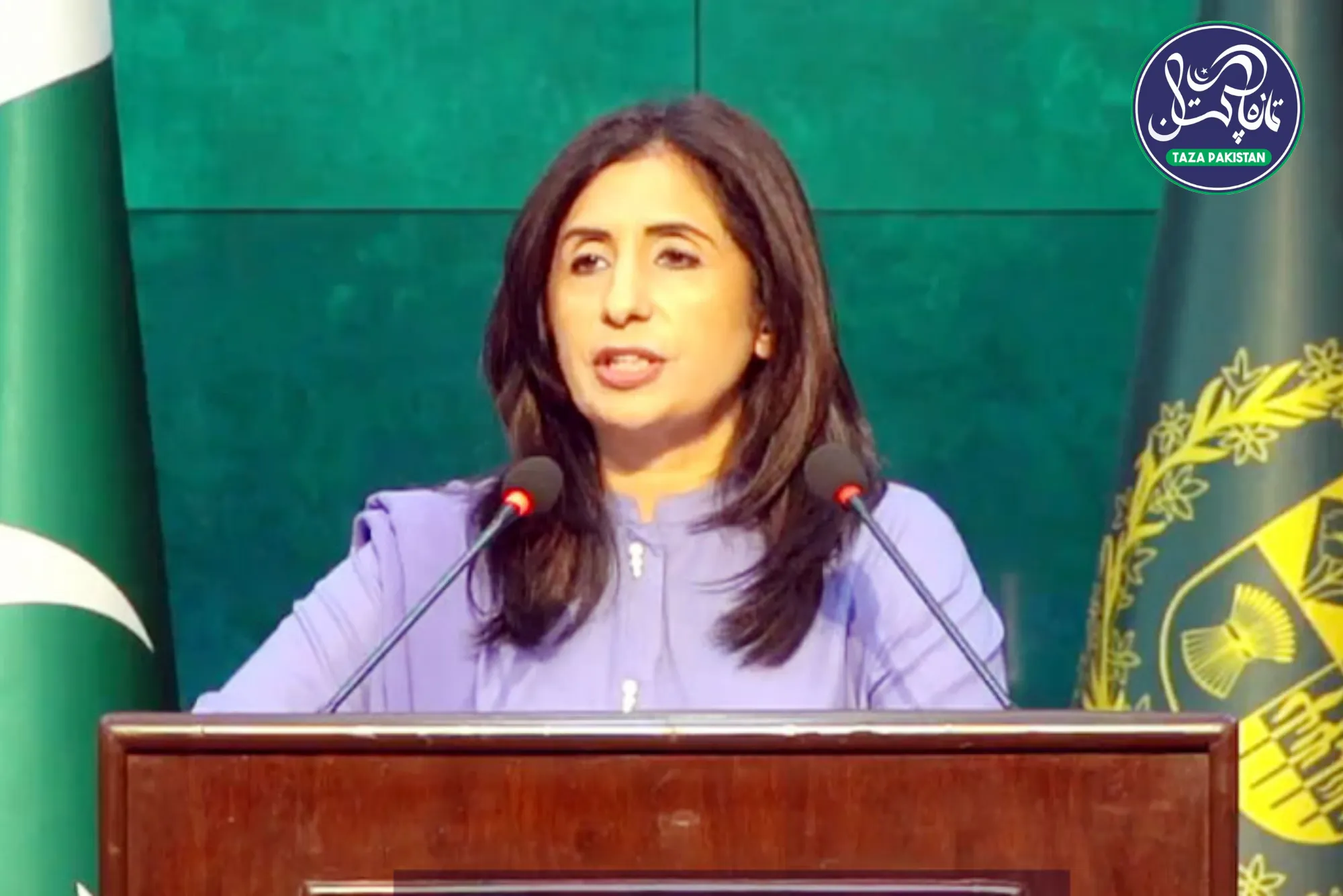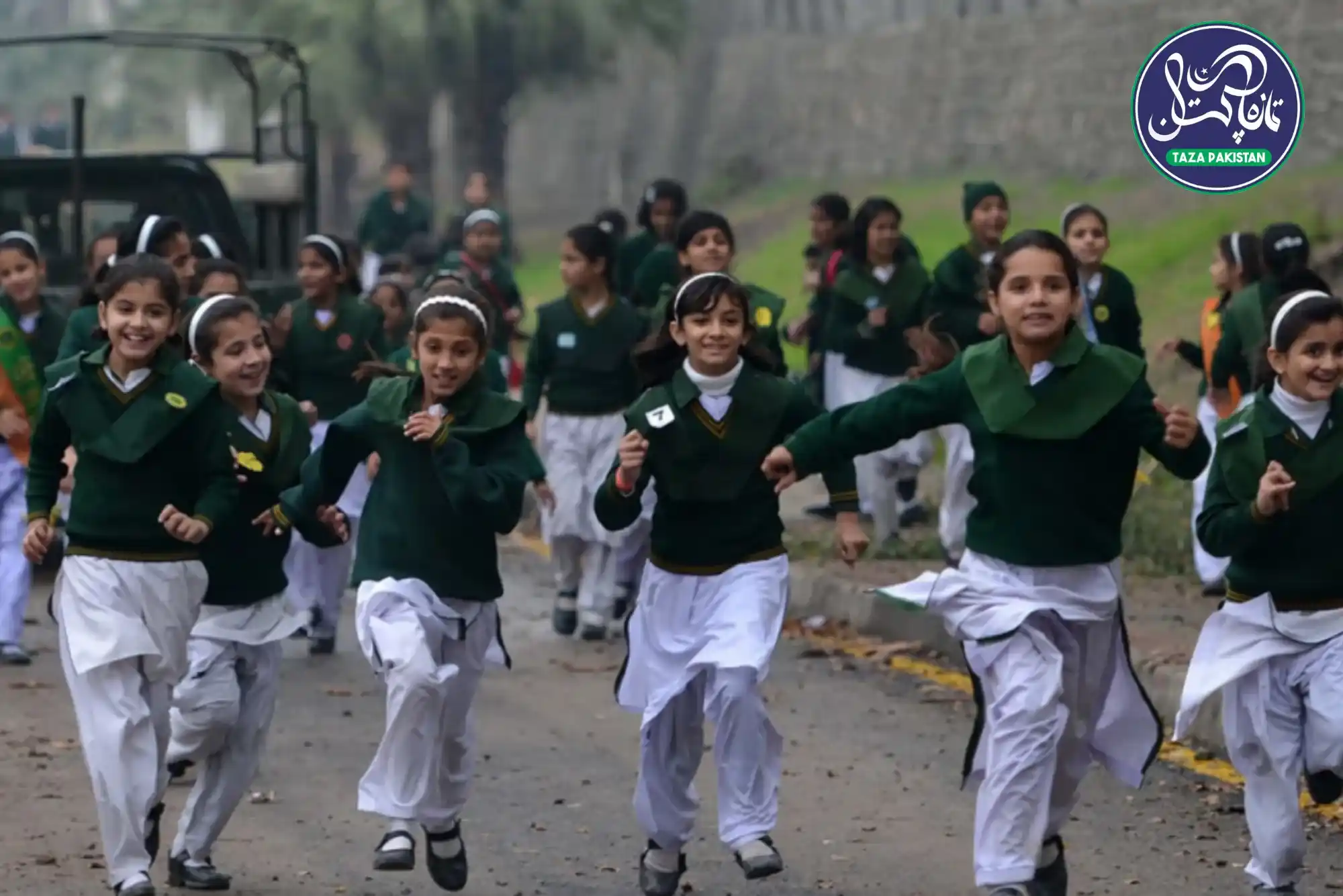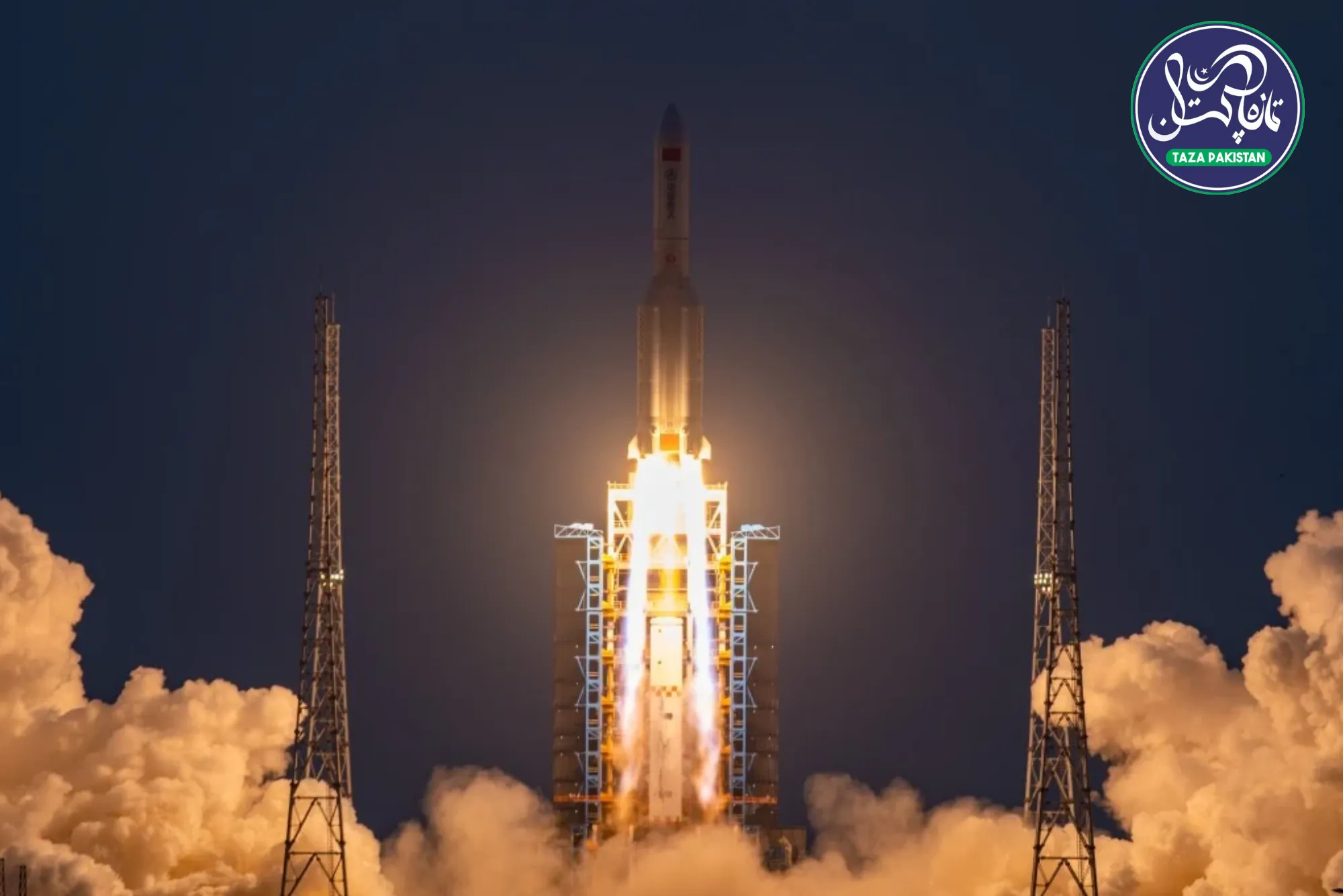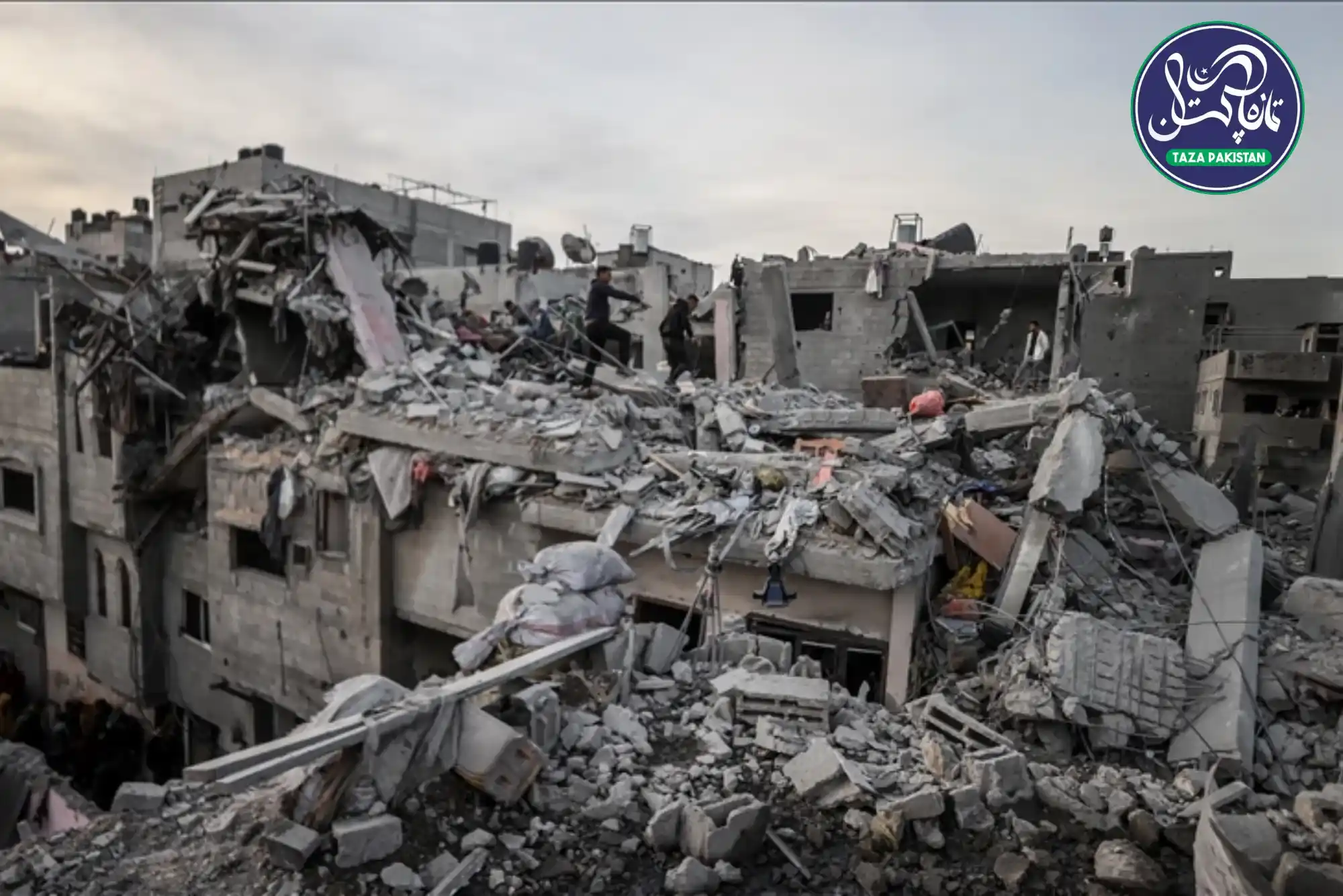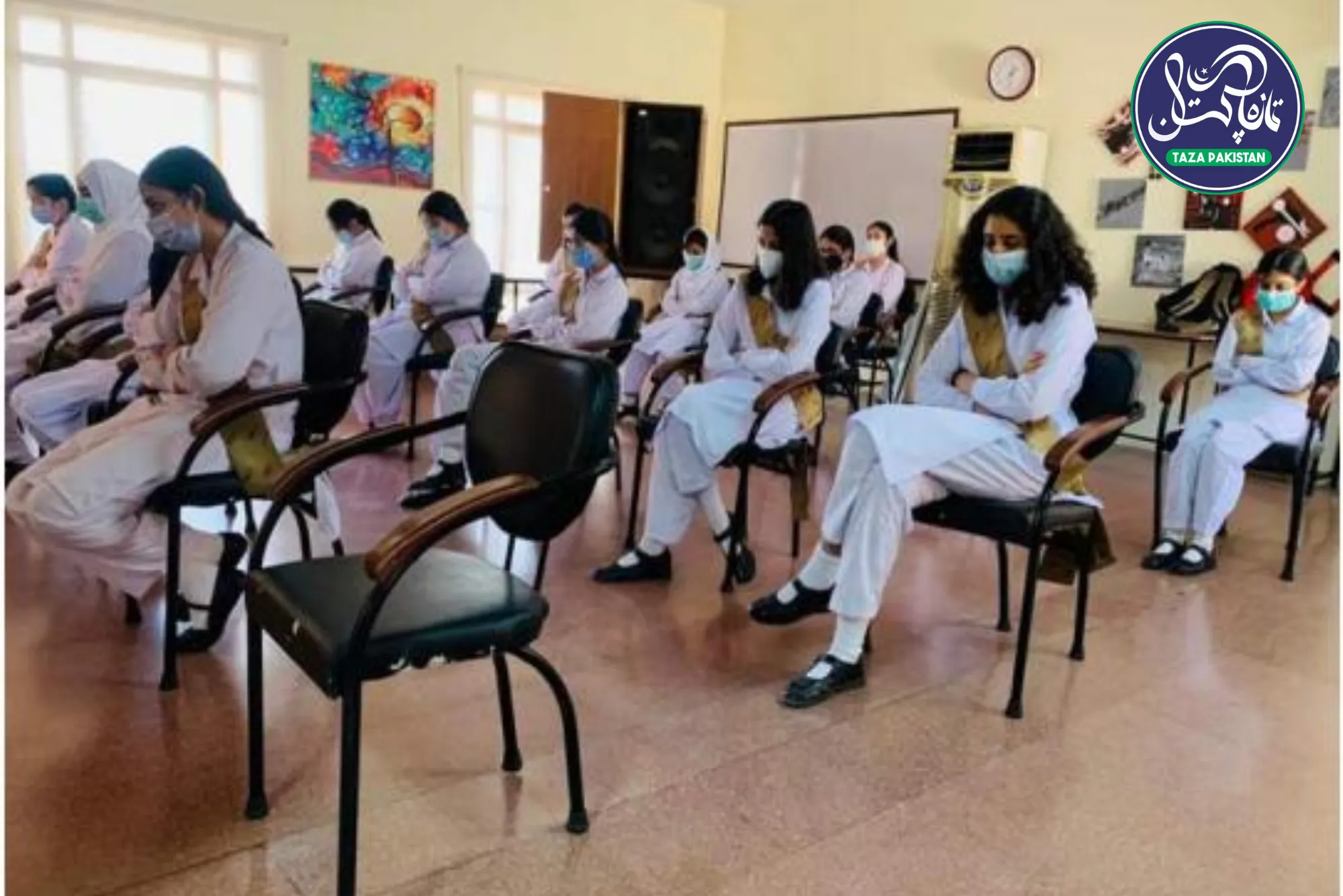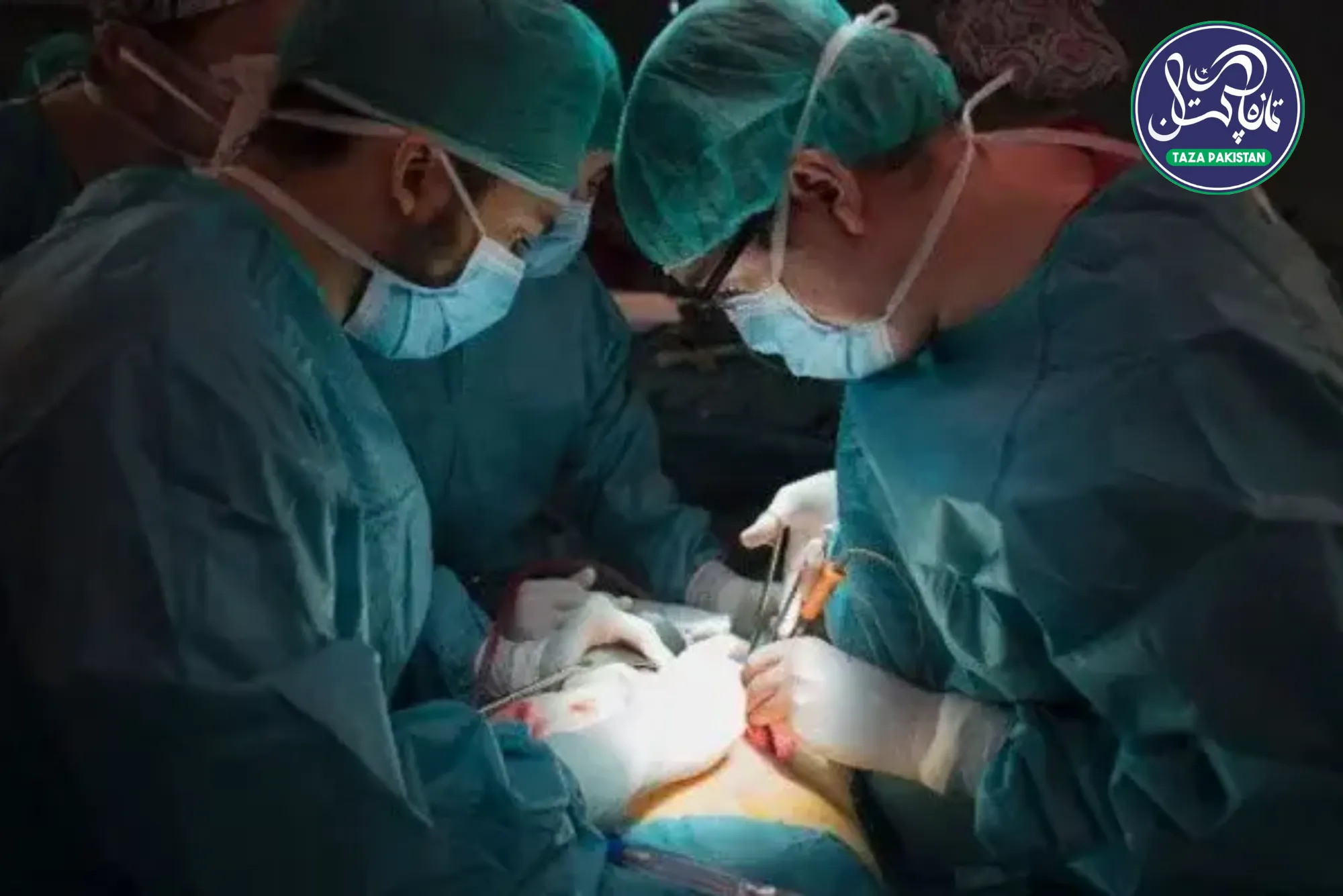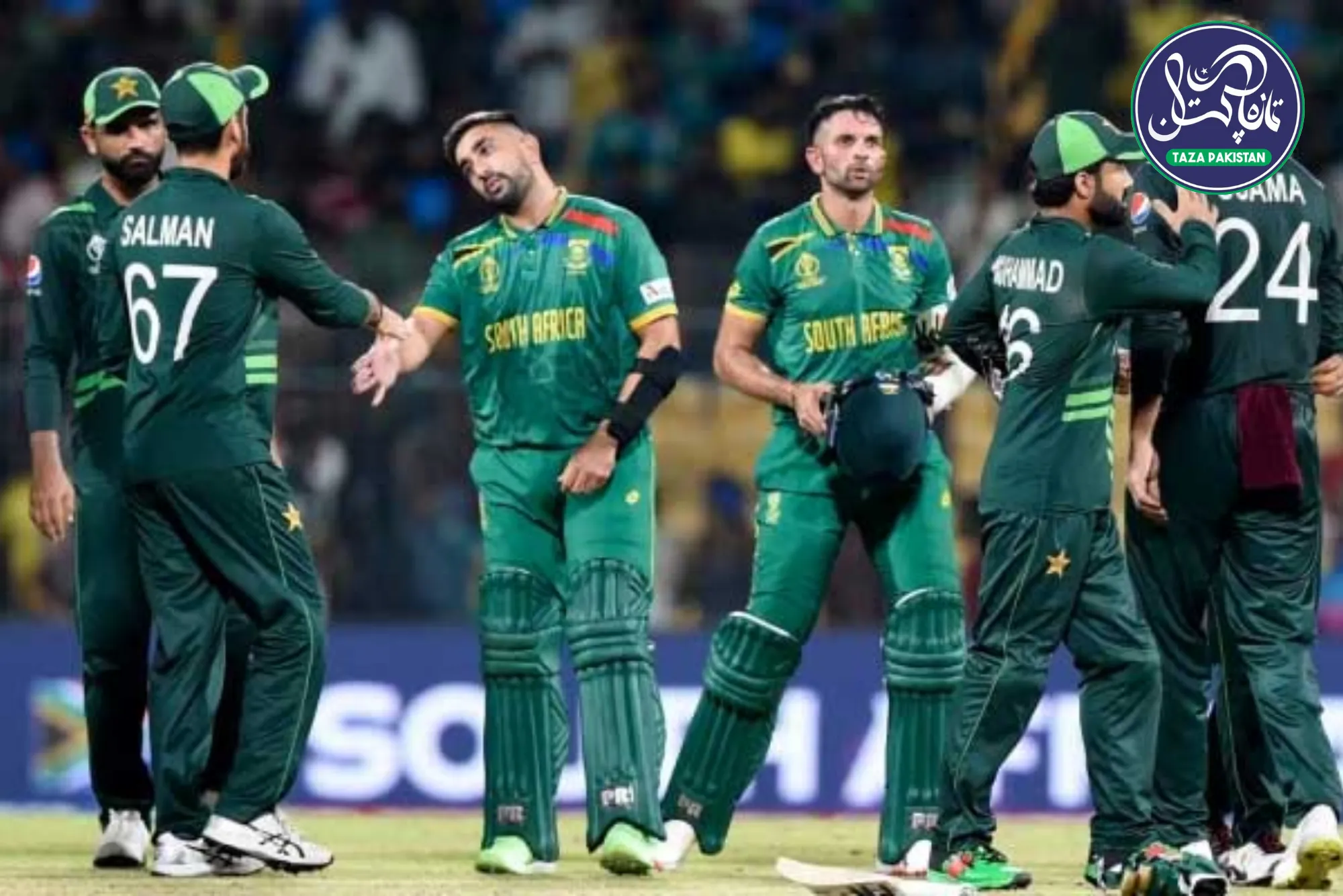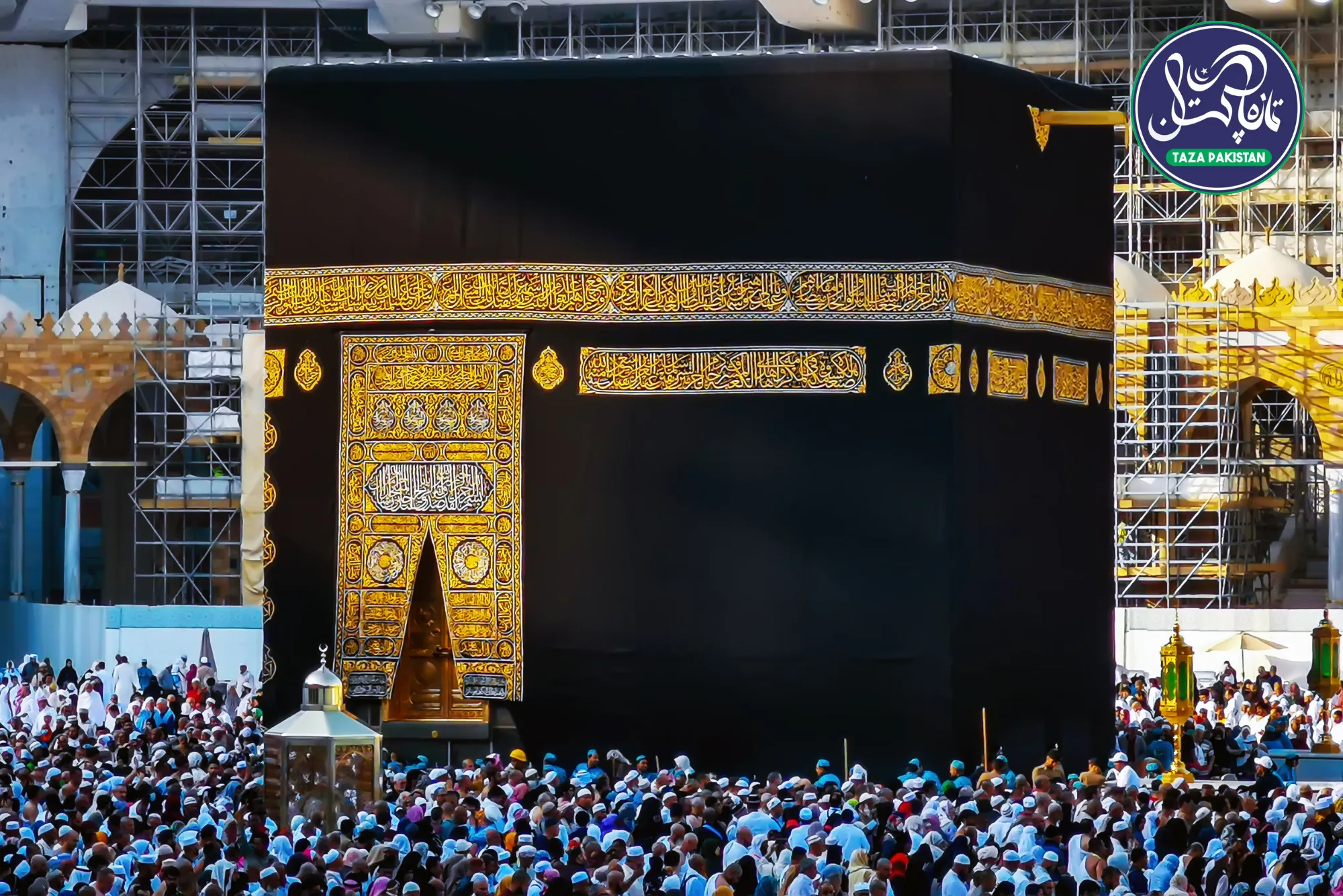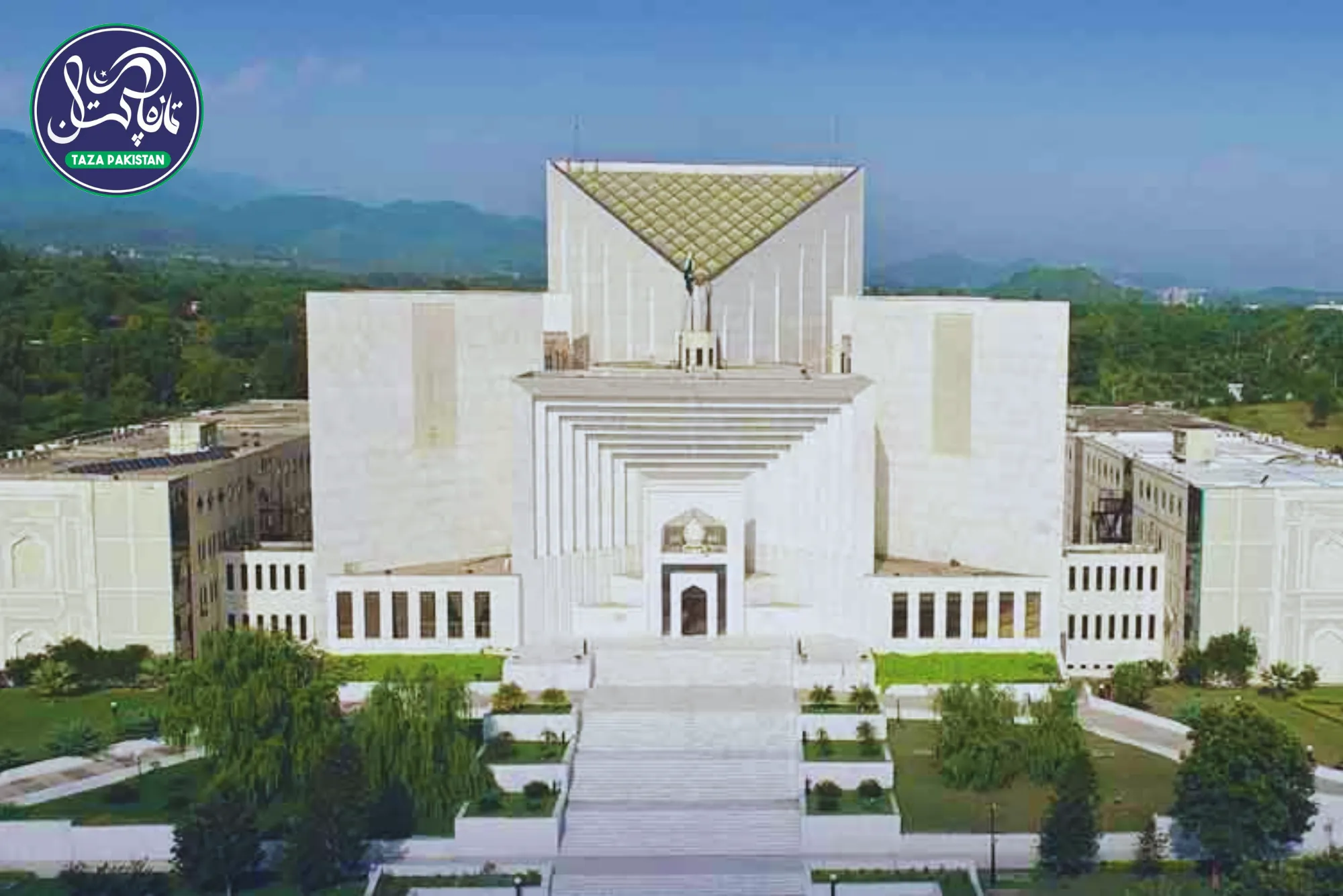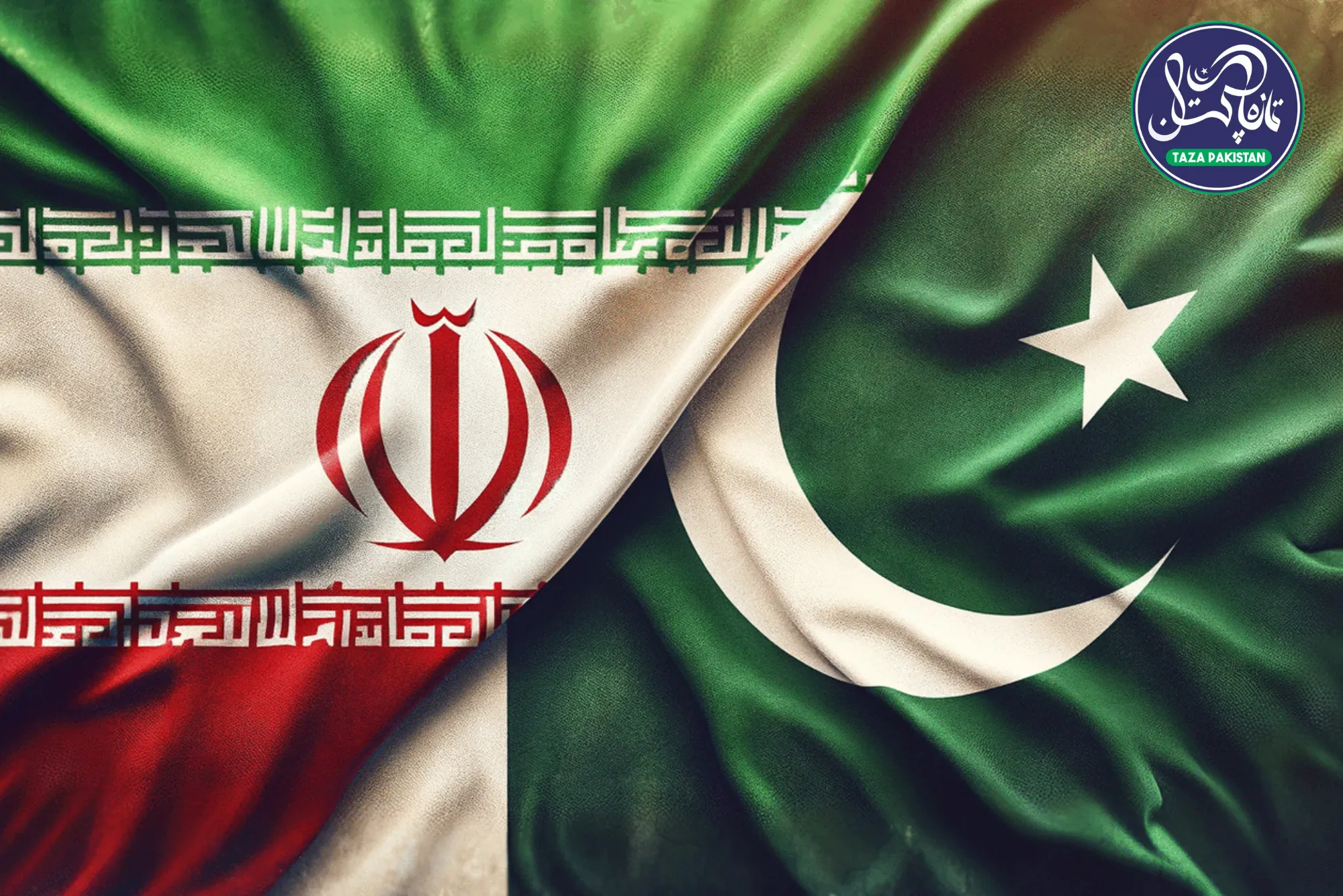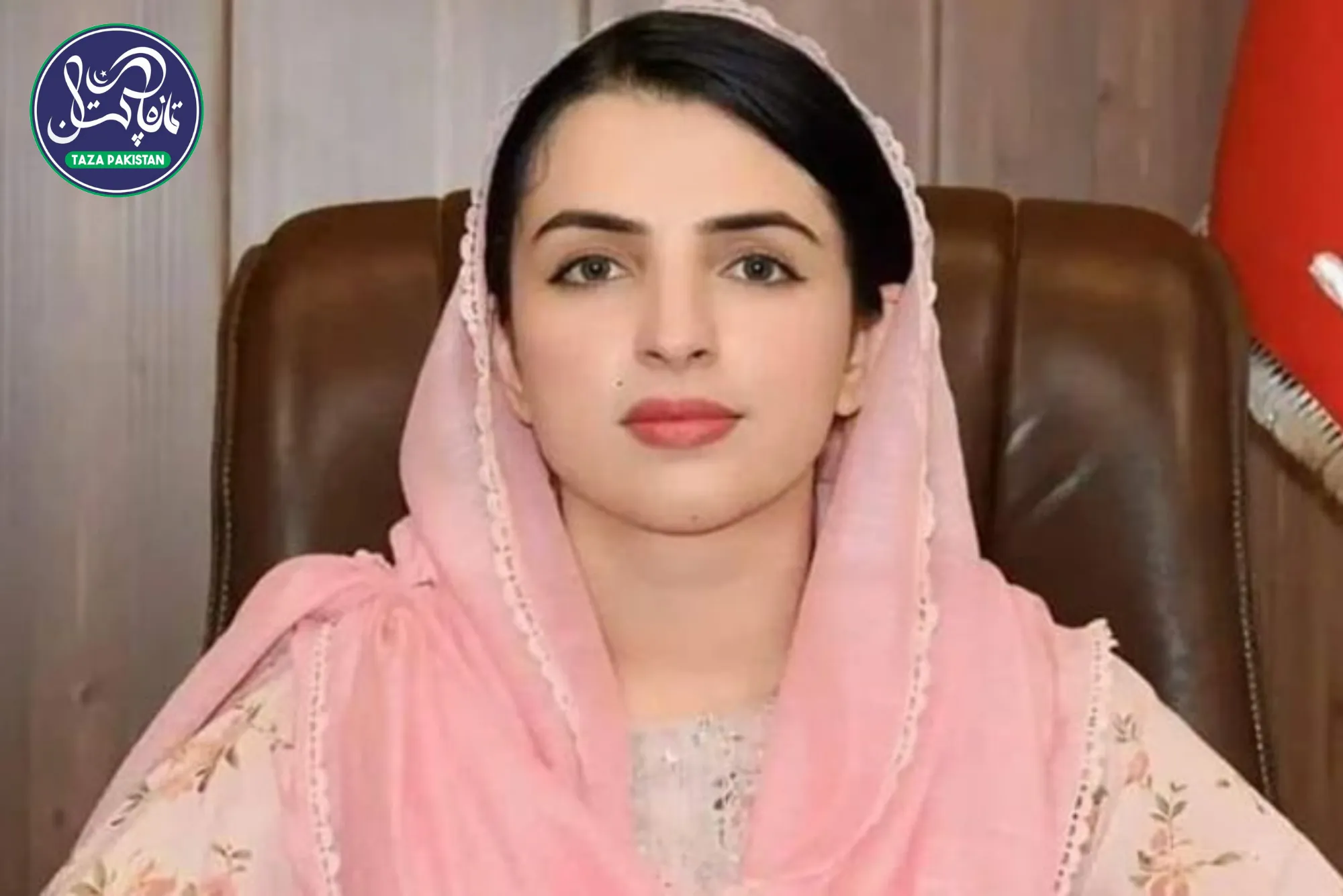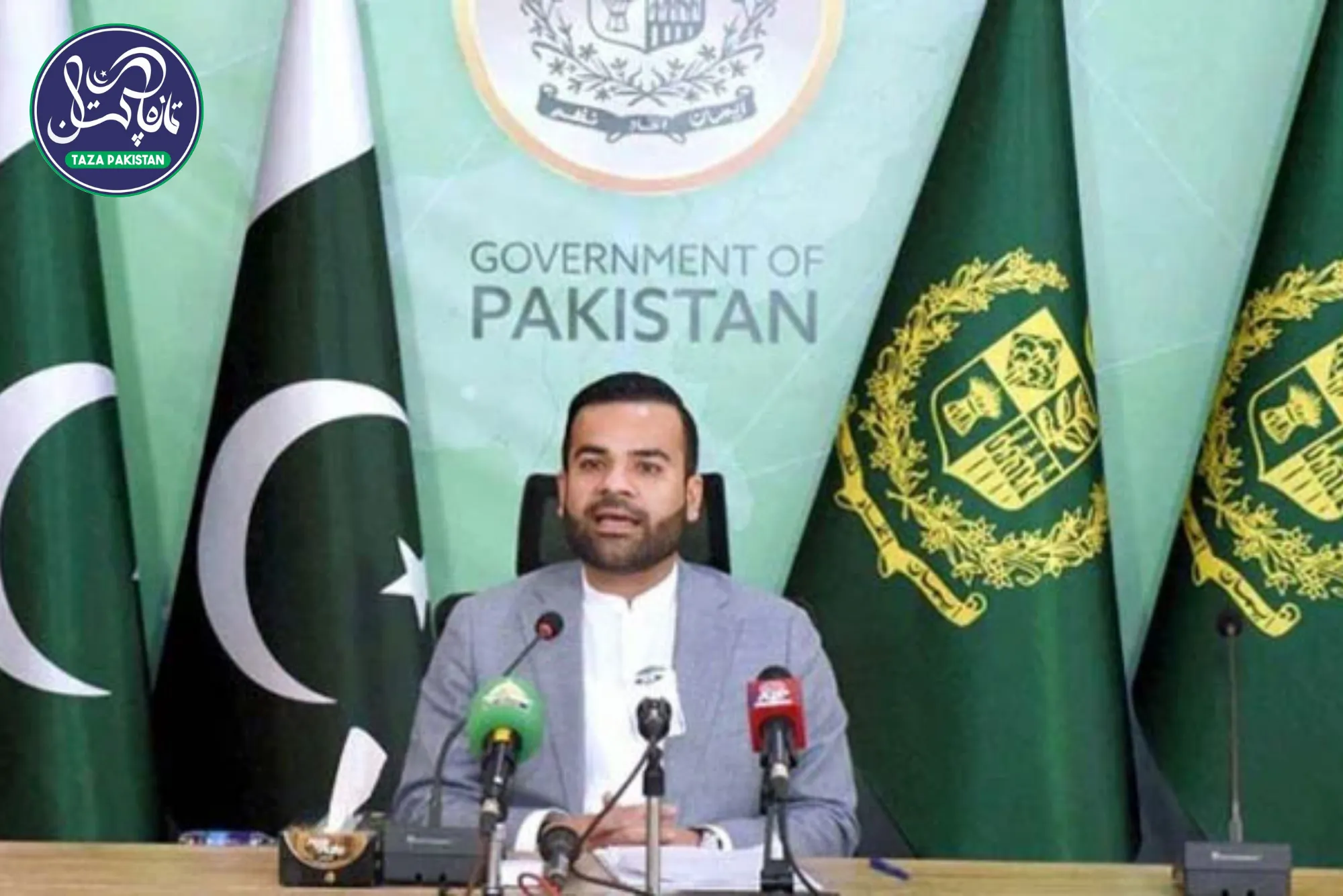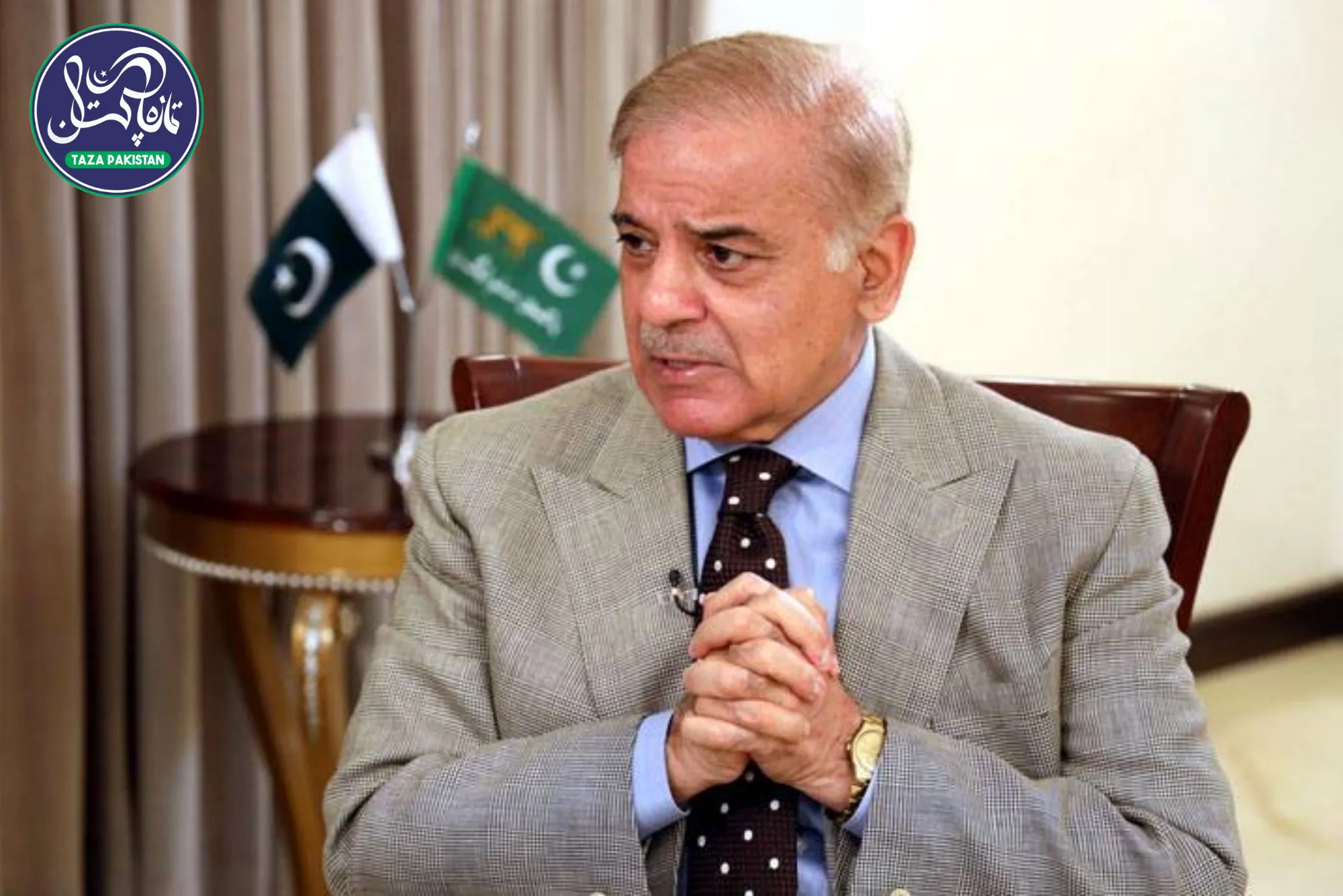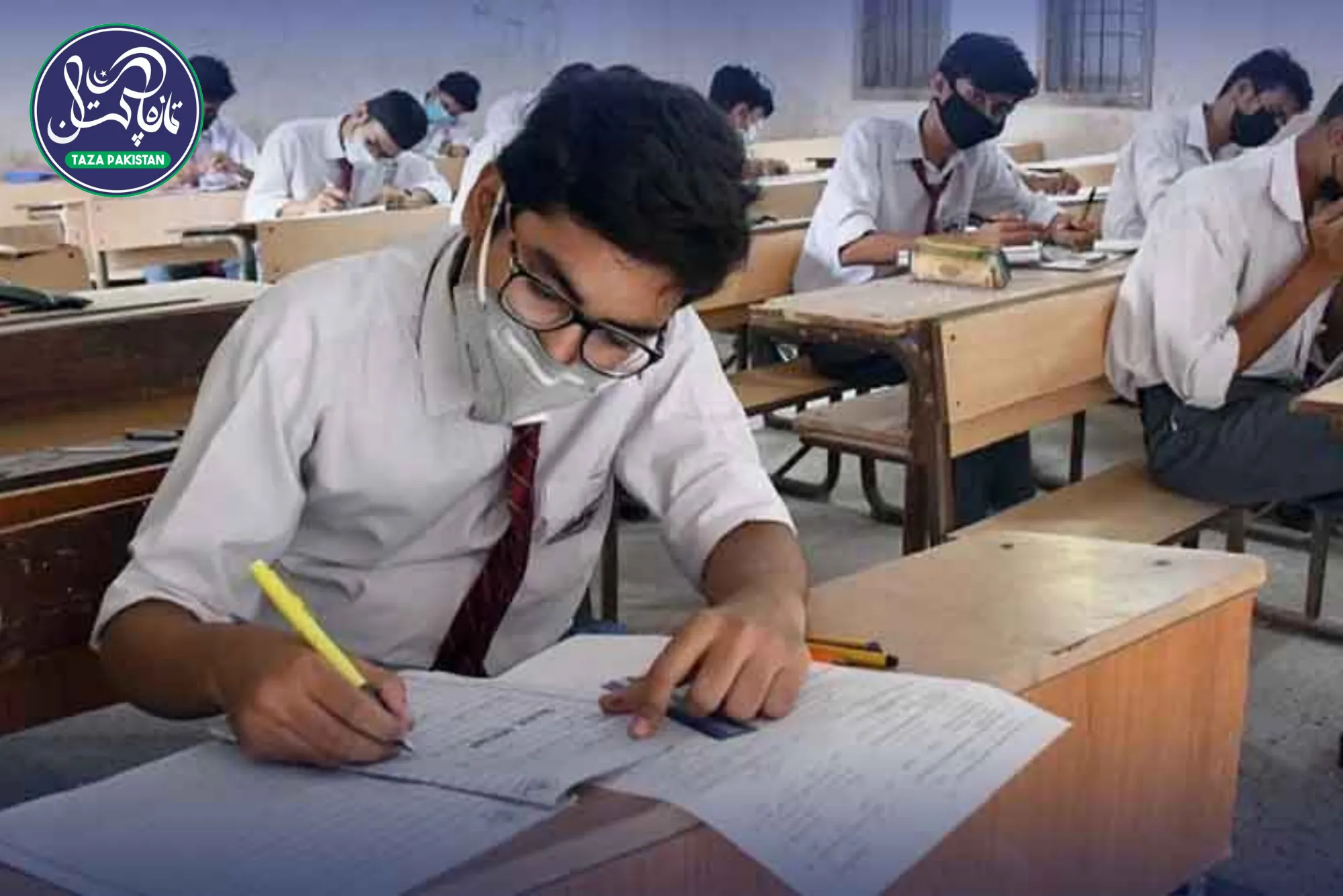SC Rejects Suo Motu Plea on PTI Protest Deaths
ISLAMABAD PTI Protest: The Supreme Court of Pakistan’s five-member constitutional bench, led by Justice Amin-ud-Din Khan, dismissed a plea to take suo motu notice of fatalities during the Pakistan Tehreek-e-Insaf (PTI) protests in Islamabad. The bench declared it could not address issues not formally brought before it.
Climate Change Case Proceedings Include PTI Protest Discussion
During the court’s proceedings on a Climate Change Authority case, Khyber Pakhtunkhwa’s Additional Advocate General appeared via video link. He mentioned the protests in Islamabad’s Blue Area and the subsequent operation, highlighting fatalities from both sides. He requested the court to intervene and take suo motu notice of the deaths.
Justice Amin-ud-Din Khan stated that the court is bound by legal procedure and cannot take up matters not formally presented. Justice Musarrat Hilali also reprimanded the Additional Advocate General, cautioning against making political statements in the court. Justice Jamal Khan Mandokhail added that the issue was not before the bench and avoided further discussion.
The constitutional bench concluded by dismissing the verbal plea for suo motu notice, emphasizing its focus on matters officially filed for adjudication.
Supreme Court Concludes FATA Merger Petition
In a separate hearing, the Supreme Court addressed a petition concerning the merger of the Federally Administered Tribal Areas (FATA) into Khyber Pakhtunkhwa. Advocate Babar Awan, representing PTI’s founding chairman, clarified that the merger had already been finalized by the Khyber Pakhtunkhwa Assembly. The court concluded that no further judicial intervention was necessary in this matter.
Judicial Restraint and Political Sensitivity
This decision reflects the Supreme Court’s commitment to judicial restraint. It underscores that political matters or protests must be addressed through proper legal and political channels. Courts cannot intervene unless formal cases are presented.
For more information on Pakistan’s judicial system, visit the Wikipedia page on Supreme Court of Pakistan.


